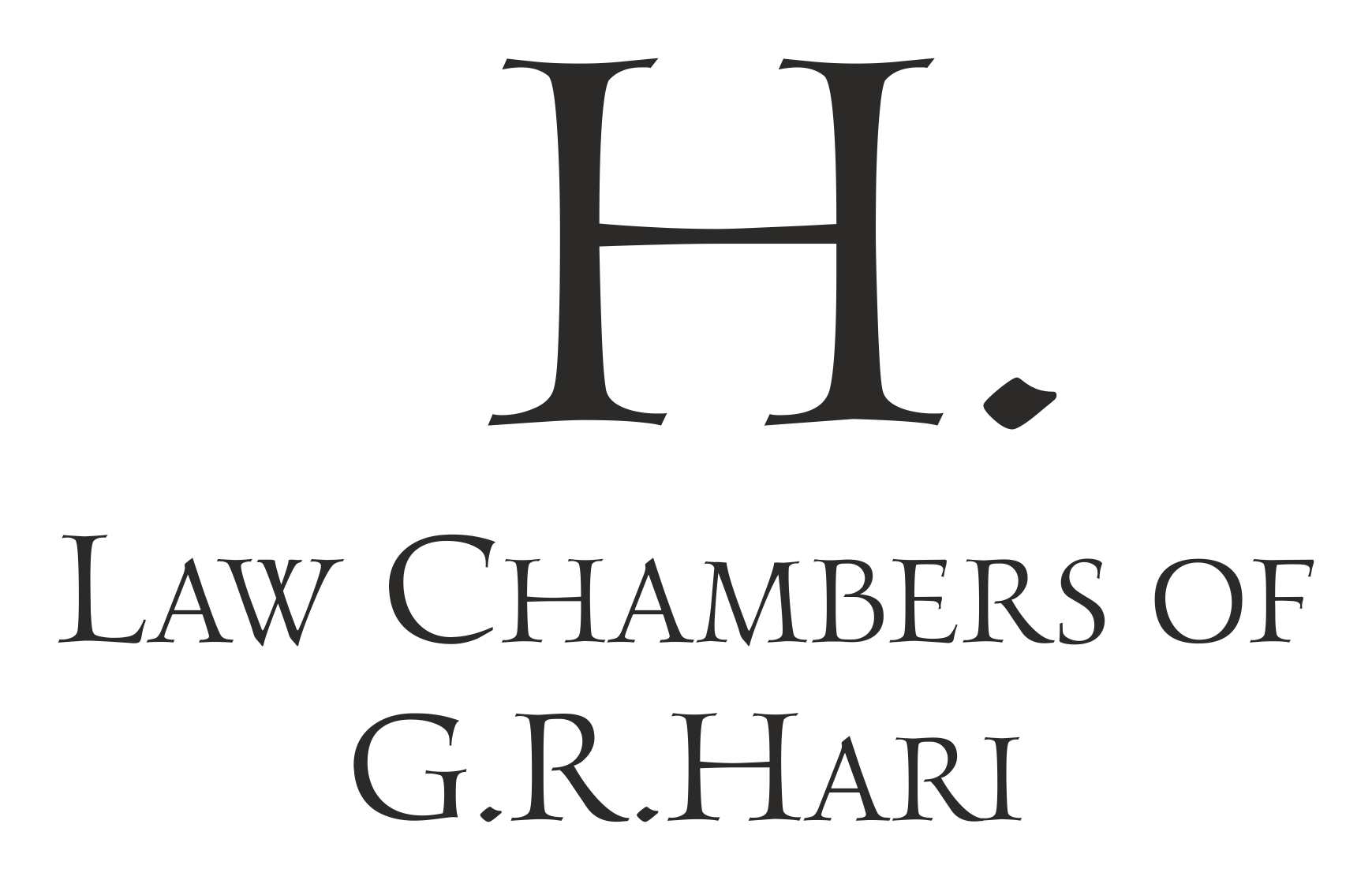M/S A.K. SARKAR & CO AND ANOTHER VS STATE OF WB AND OTHERS 2024 INSC 186, 2024 Live Law (SC) 212
Two Partners along with the Appellant Firm were convicted by the Trial Court under Section 16 (1) (a) (i) R/w Section 7 of the Prevention of Food and Adulteration Act 1954, among which the 2nd Appellant (one of the partners) was sentenced to undergo 6 months imprisonment with Rs. 1,000/- fine and the 1st Appellant (Partnership Firm) was directed to pay a fine of Rs. 2,000/-.
The appeal against the order of conviction was moved before the District and Sessions judge and the same was dismissed but the third Accused in the case was acquitted. A revision Petition was moved before the Hon’ble High Court of Calcutta and the order of Sessions court was upheld but sentence of the 2nd Appellant was reduced from 6 months to 3 months imprisonment.
Brief facts that led to this conviction are, the food inspector while inspecting the shop of the Appellant took samples of sugar boiled confectionaries for examination. The lab report showed that the food was unadulterated, but it mentioned that Labelling details, manufacturing date and other prescribed particulars were not mentioned, which is a violation under Rule 32(c) and (f) of the Prevention of Food Adulteration Rules, 1955. Therefore, a complaint was filed under Section 16 (1) (a) (i) R/w Section 7 of the Prevention of Food and Adulteration Act 1954 for the violation.
The Appellant’s plea that the food was not manufactured by them was not taken into consideration as there was no valid proof of the same. But the contention that Rule 32(c) and (f) of the Prevention of Food Adulteration Rules, 1955 was not related to misbranding and that there was an amendment to the rules vide G.S.R 42(E) dated 29.04.1987 was considered by the Apex court. Rule 32(c) and (f) of the Prevention of Food Adulteration Rules, 1955 was not applicable at the time of sample collection and Section 2 of the Prevention of Food and Adulteration Act 1954 defines Misbranded, and the Section 2 (ix) (k) is applicable which is extracted below
Section 2 (ix) (k) – if it is not labelled in accordance with the requirements of this Act or rules made thereunder;
Now a question arises whether Article 20 (1) of Indian Constitution will restrict the Court from imposing lesser sentence to the Appellant, and whether lesser sentence can be imposed as the Prevention of Food Adulteration Act, 1954 was repealed by the Food Safety and Standards Act, 2006 where Section 52 provides a maximum penalty of Rs.3,00,000/- for misbranded food. It is to be noted that the Food Safety and Standards Act, 2006 had been passed after the offence had taken place repealing the Prevention of Food Adulteration Act, 1954, which was the legislation at the time of the commission of the offence.
The Apex court took reference of the case in T. Barai v. Henry Ah Hoe (1983) 1 SCC 177, where the rule of beneficial construction was introduced and that even ex post facto law of the type involved in that case should be applied to reduce the punishment and held that insofar as the Amendment Act reduces the punishment for an offence punishable under the act, there is no reason why the Accused should not have the benefit of such reduced punishment. It held that the rule of beneficial construction requires that even ex post facto law of such a type should be applied to mitigate the rigor of the law. The principle is based both on sound reason and common sense.
The same principle was applied by this Court and the 2nd Appellant’s conviction and fine was converted and was directed to pay a fine of Rs.50,000/- and the 1st Appellant’s fine amount of Rs. 2000/- remains unchanged.

Leave a Reply